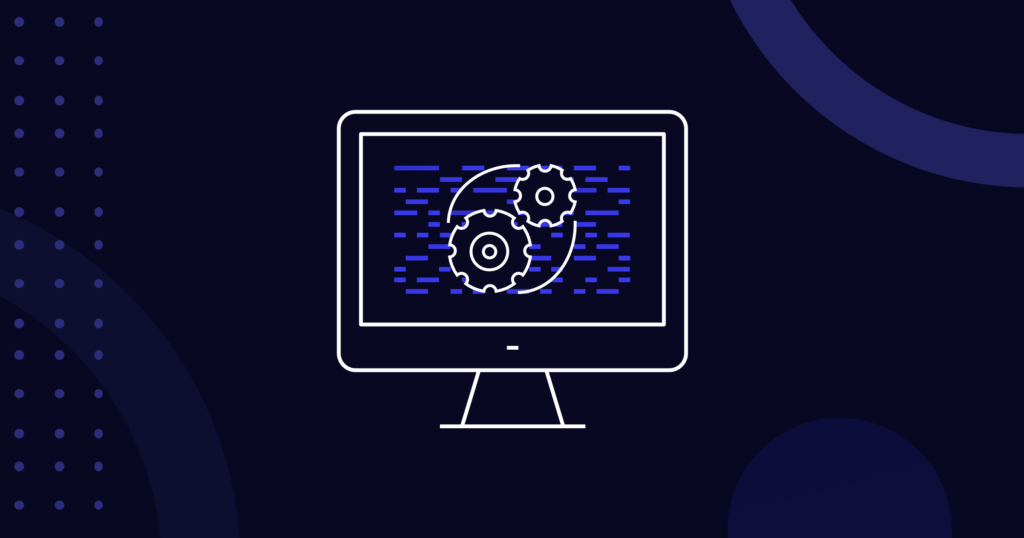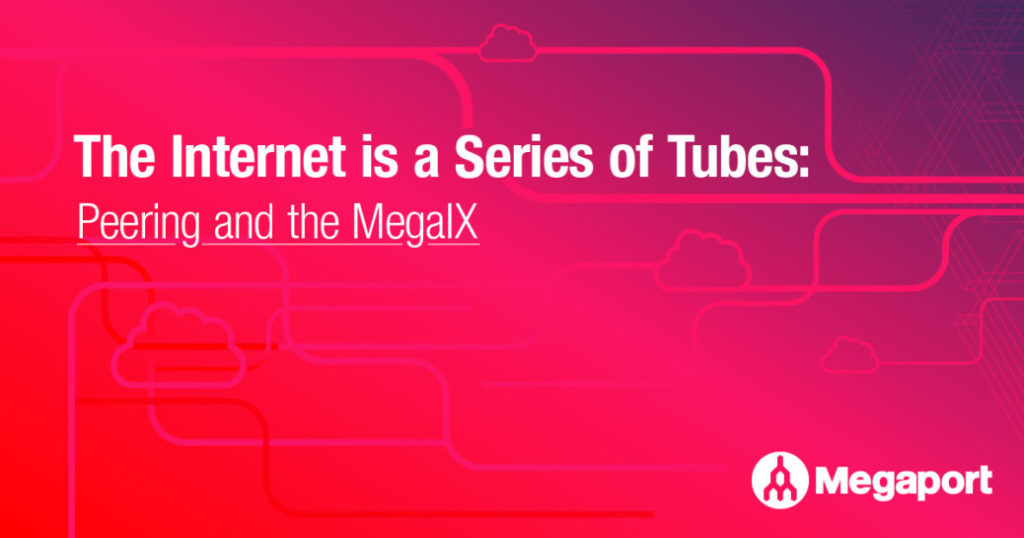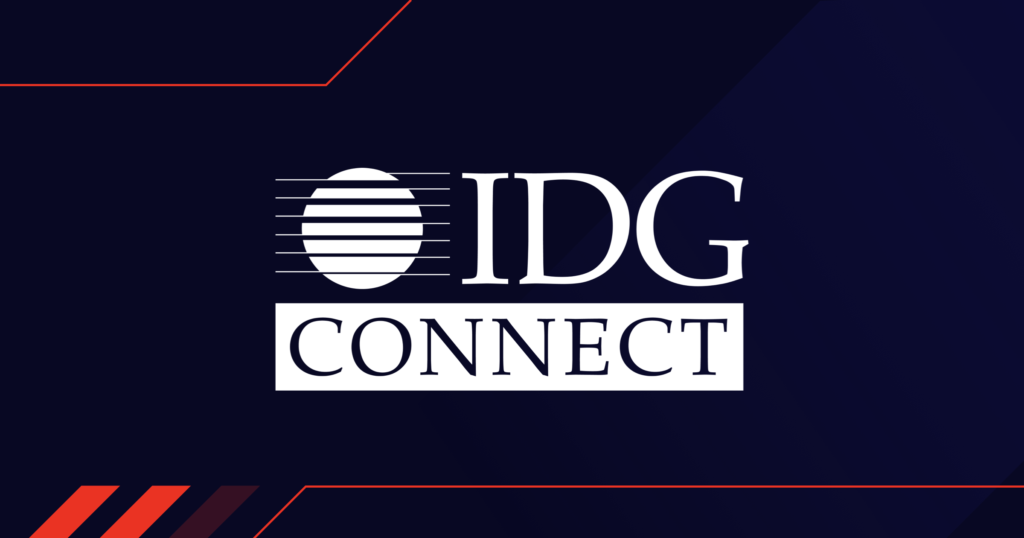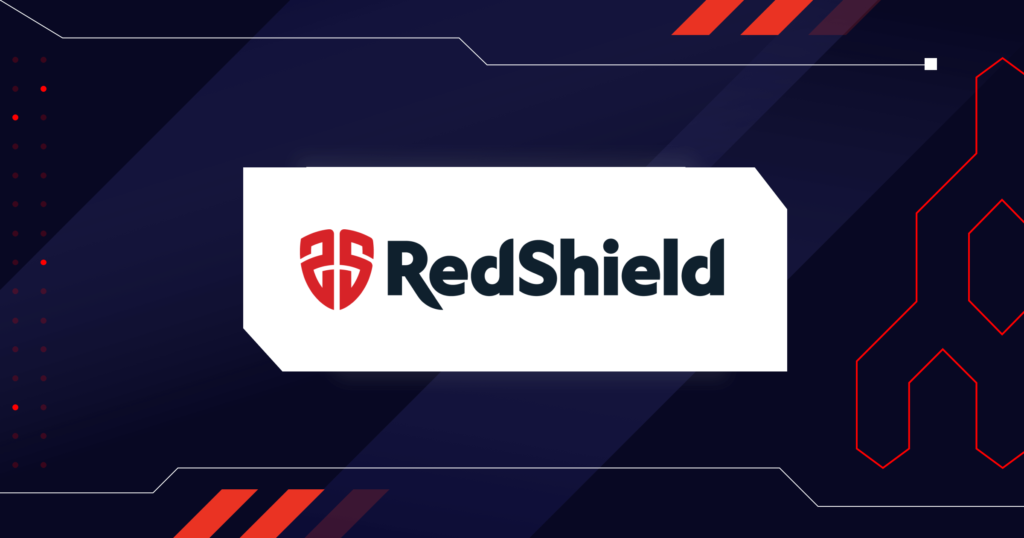
Why Exetel Automated Their Cloud Connectivity
- June 4, 2021
- RSS Feed
Automating and orchestrating your cloud connections can transform not only your customer’s journey, but your own as well.
Automating your cloud connectivity is probably something you haven’t thought much about. But as more and more companies deploy multiple cloud environments, whether for development or testing, the complexity of managing these environments manually can become difficult.
According to the Forrester Consulting 2021 Cloud Connectivity Buyer’s Guide, commissioned by Megaport, as enterprises continue to extend their IT footprint beyond data centers into multiple physical and virtual locations, managing integrations and orchestrating services are only going to get more complex. Automating and orchestrating previously manual processes through Infrastructure as Code (IaC), agile development, DevOps, and DevSecOps, in combination with as-a-service-cloud offerings including software defined networking (SDN), is a proven, efficient way to keep your business innovating while realizing a huge range of benefits.
One company that has embraced a cloud automation journey with the help of Megaport’s Network as a Service (NaaS), and seen numerous business benefits as a result, is Exetel.
Exetel is Australia’s largest independent internet service provider, servicing over 240,000 Australians and 12,000 businesses. The award-winning company’s goal is to provide the best value-for-money telco plans on the market with personal customer service, and they’ve been on an automation journey to take this goal to the next level. This is where Megaport comes in.

“Because Megaport has all the cloud providers and deals with the automation side, we had the opportunity to transform our customer journey”
The Exetel team has been hard at work creating a new cloud connect web portal for their customers, using Megaport as their primary cloud connectivity partner. This portal has one key difference from most other portals—by partnering with Megaport, Exetel has been able to make its back end completely API (Application Programming Interface)-driven, or automated.
James Linton, Director – Corporate at Exetel, saw an opportunity to transform the company’s customer journey.
“We’ve been offering cloud services for about six years, but it has been very manual up to this point,” Linton said. “We’d never automated it because we had to deal with so many individual cloud providers—but because Megaport has all the cloud providers and deals with the automation side, we had the opportunity to transform our customer journey.”
By automating with the help of Megaport, the Exetel team is revolutionizing how their customers—and how they—do business.
Simplicity and control
Most Exetel customers are based in office buildings with a generic internet link. The way they’re currently connecting to cloud providers is by installing a one-off cloud link to the provider they need, all via manual order forms. Processing these forms, and any change requests, must be looked after by the support team. But that’s about to change.
Exetel’s portal will allow customers to provision cloud connections and customize their cloud environments, all via Megaport’s global, private Software Defined Network, with just a few clicks—no more manual forms or time-consuming support team requests needed.
“With the amazing cloud automation systems Megaport has, we’ll be able to give our customers full control of their cloud instances and cloud environments,” Linton said. “They still have the option to reach out for whatever they want, whenever they want, but now they can make that choice. Sometimes you just want to manage things yourself.”
Saves time and money
The automation offered to customers by Exetel’s web portal doesn’t just reduce the complexity of provisioning and customizing cloud environments; it also saves time, not just for the customer but also for Exetel’s DevOps engineers.
“We’ve got about 60 DevOps engineers and tech experts, and it’s all in-house,” Linton said. “There’s a huge time-saving advantage in an API-driven cloud connectivity offering, not just for the customer but for our engineers. Previously there have been a lot of people, and queues, involved in customer processes from our side, even though most of the time our customers already know what they want. Now, we can remove that extra stress from the engineers and give them more time to focus on other areas of support.”
Exetel’s API-driven portal also removes another big time-waster: human error, which is the most common cause of support issues without automation.
“If something’s programmed correctly, it can keep running almost flawlessly,” Linton said.
Stay competitive, stay innovative
With APIs orchestrating a lot of processes, improving customer relationships, and freeing up time and cost, the velocity of Exetel’s business growth is set to accelerate.
“With our customers free to manage their services how they like, and with our DevOps team given more time and money to spend on other things, they can achieve more,” Linton said. “In a globalized business world, you’re competing against companies across the globe. To stay innovative, you have no choice but to be nimble and swift. And that means making everything as automated and easy to orchestrate as humanly possible. APIs and automation help Exetel remain competitive in the market and keep growing.”
Exetel’s future looks bright
Where APIs, automation, and orchestration are headed in the years to come, neither Linton nor anyone else can really say. But whatever the possibilities are, he knows Exetel is ready for the ride.
“When my late father (John Linton) started the business in 2004, he heavily believed in automating as many processes as possible, and because of this we’ve managed to stay a much leaner organization than many other telcos in the market,” Linton said. “We know we can’t automate everything—but it’s great to automate what we can to make everyone’s lives easier.”





